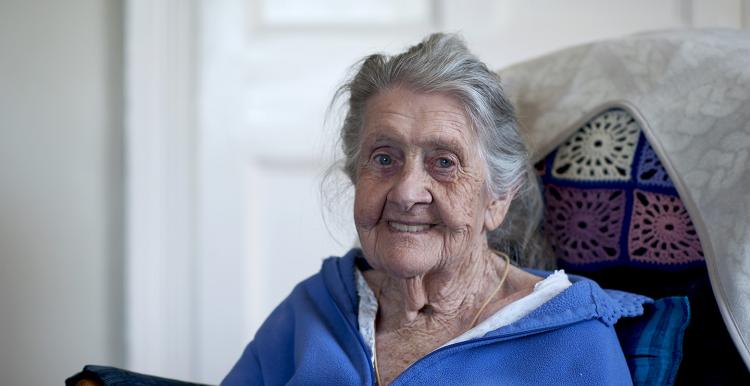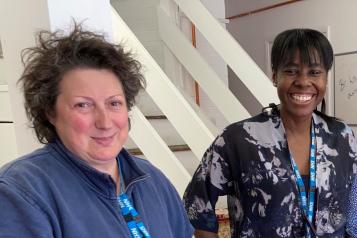We asked residents, relatives and staff what they thought about the activities offered in local care homes

I like reading - I use the library on the second floor, knitting, crochet, I used to sing but my voice has gone now, crosswords, newspapers, art appreciation. I can do most of those here when I feel well enough. I'm getting used to it. Rooms are not very soundproof so there's a problem with noise. When music activities happen I’d like them to close the door. It’s nice to be private as well as join in.
We spoke to 37 residents across the six homes during our visits. A large number of residents had dementia or other needs that meant it was hard for them to participate in our visits. In some cases we spoke to a relative, friend or staff member along with the resident to gain a better picture.
- We found it encouraging that all the homes we visited seemed to recognise the importance of providing residents with meaningful activities.
- One issue mentioned by several care home managers was the increasing frailty and increasing level of need of residents.
- Many residents are limited to their beds and/or a chair and this puts a strain on staff time as group activities become less feasible.
'They do offer me a lot but I have no energy and really can’t join in. There are singers and carols but I feel so ill. I can’t do anything. I like to have poetry read to me. I've got some books and the staff read to me when I want this. I love my radio.'
For activity coordinators in the homes, the move away from running a highly structured activity programme towards one which is more flexible and person centred can be highly rewarding, but it is also a demanding task.
- We think it would be a good idea if Islington Council facilitated meetings where the activity coordinators can come together to share ideas and support each other.
We saw good work going on in our care homes
Despite the challenges, we found many examples of good practice in the homes we visited. We've shared these in our report.


